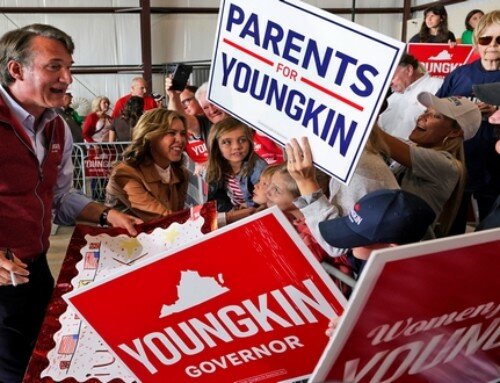On my college campus, I hear complaints about the cost of books, housing, meal plans, tuition, and other costs students incur. In addition to these complaints, I hear how great Bernie Sanders will be for our country. He’s going to provide free college, free healthcare, free childcare, you name it. It’s going to be “free” ($18 trillion over 10 years). However, it sounds nice and involves less work, so it is easily marketable. The detrimental side effects of his plans are consistently overlooked.
Bernie’s plans want to allow the government to provide people with more than it is responsible for providing. He overlooks the fundamental duty of government (protecting our borders and providing law and order to protect its people) and posits the idea that the government should get involved to regulate healthcare, the market, and more.
If you look at universities, the ideas behind Bernie’s plans have already been implemented. The fundamental purpose of Universities is to educate students. That’s it. However, universities have placed themselves in a recruiting arms race. Many potential students are shown state-of-the art facilities filled with all the amenities one could desire and statistics about how the University’s research puts it at the top of the charts (and the top of the job market). Because of this arms race, students are stuck with an average cost of $20,846 dollars including room and board, books, and supplies. In 2005, the same education cost students $9,864. That’s a 111% increase in cost in just 10 years.
Universities don’t have the correct type of competition between them. It shouldn’t be about how many students you have enrolled, it should be about the quality of the education you provide and the cost-effectiveness of that education. Students shouldn’t have to pay athletic fees, building fees, library use fees, transportation fees, etcetera just to earn a degree. These programs should not cease to exist, but healthy competition on campus would help drive down costs. For example, is the current transportation used on campus cost effective or the cheapest they could find? What about university dining services, are they functioning as efficiently as they could? Universities need to turn to the private sector to help lower costs and increase effectiveness.
Imagine what would happen to universities if students only paid for what they used. On my campus, we are charged a $11 dollar fee per credit hour for athletics. However, our athletic events are advertised as “free for all students”. Students who never attend an athletic event shouldn’t have to pay an athletic fee, and commuters who never use the campus bus system shouldn’t have to pay for that, either. That sounds kind of like how Bernie would like things to function doesn’t it? I don’t want to work hard only to give back my paycheck to pay for someone’s health care or college degree, and I shouldn’t have to. The private sector should manage healthcare, and students should pay for their own degree.
Getting back to the basics is something that would help both universities and the federal government. Universities shouldn’t be going into deeper debt trying to redefine the purpose of a university by marketing itself with new facilities and excessive research that’s done just to earn Tier One status. Government shouldn’t be going into deeper debt trying to redefine its purpose, either. Next time you complain about your education costs, think about your federal government, too.

Sources:
https://nces.ed.gov/fastfacts/display.asp?id=76
http://www.collegedata.com/cs/content/content_payarticle_tmpl.jhtml?articleId=10064
header image source: http://www.capitalnewyork.com/article/florida/2015/08/8574035/tallahassee-leaders-question-redistricting-split-local-universities











